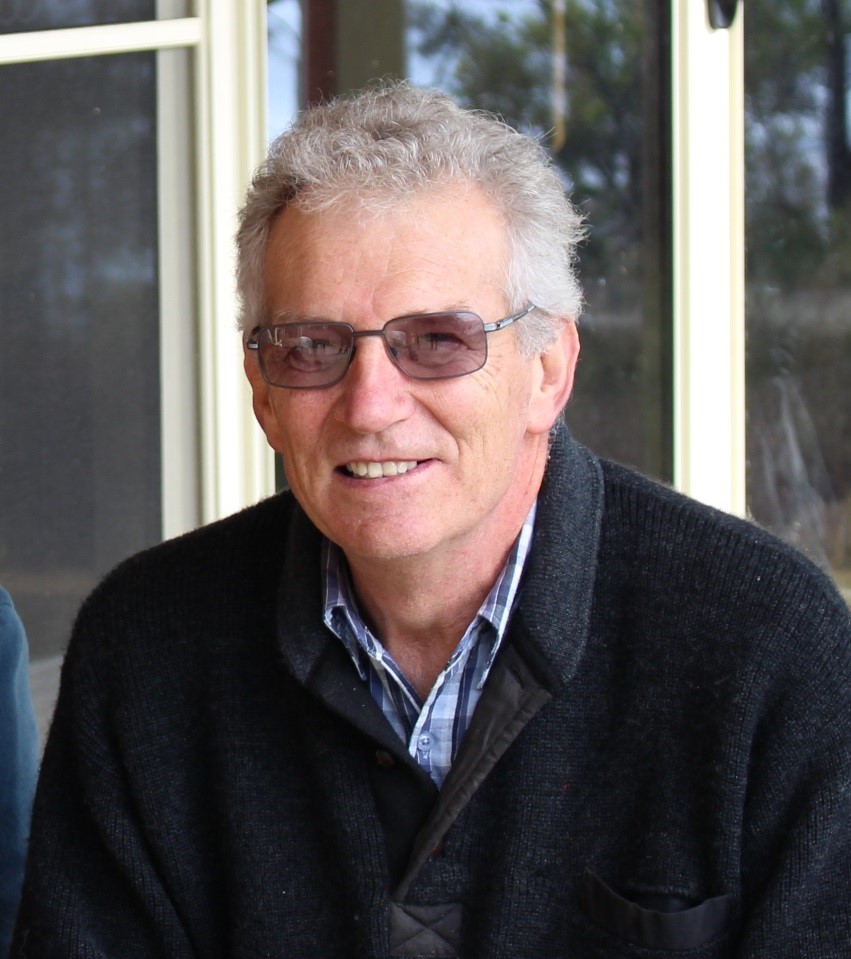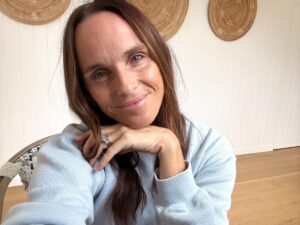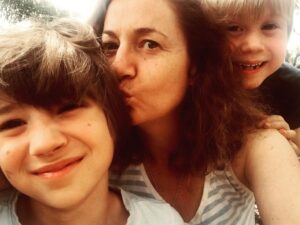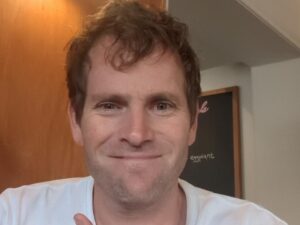Hi I’m Bert Dorgelo. I recently retired with the goal of travelling and improving my wood working skills. My partner Carol retired at the same time and had to deal with the palliative care of her mother before contemplating our retirement goals.
Carol got sick while caring for her mother and several months later the diagnosis of NET’s was determined. We finally had an answer to years of digestive disturbance where many experimental and exclusion diets had been attempted and not fixed the problem.
Retirement plans went out the window and the focus was in learning to live with NETs and dealing with the roller coaster that followed until the disease was finally brought under control.
My role change from a working life to a carer was rapid and willingly undertaken even though it was not what I had in mind for our future lives.
Learning about the rare disease was an undertaking and negotiating our way through the health system to get Carol’s needs met was a challenge. Me being a health Service Manager and Carol being a social worker we thought it would be easy. Ha!
However how do outsiders to the system navigate the pathway forward?
It was about this time that Kate Wakelin held a NET’s Forum in Hobart with the hope of establishing a support group. It was apparent there was interest and a need for such a group and I put my hand up knowing that Carol supported the move but was too ill to commit to lead the group.
A supportive environment has proved to be helpful for us and to meet others struggling with similar tough circumstances. Organising fresh input to the support group and allowing new insights for participants proves to be helpful and instigates worthwhile discussions, fresh things to try and I am sure allows new hope in peoples lives.
The facilitator role allows a unique Australia wide perspective and the ability to connect our Tasmanian NET patients access to a larger landscape. This is valuable for the group and for us personally and well within my skill set to pull together so the role of facilitator is not a burden.
If I was asked to provide advice to a newly diagnosed NET’s patient I would probably say; You have a rare and unusual condition and you will discover that most people will not understand what you have and what you are going through. From what I know every NET patient story is different and I recommend you become the expert in your disease. Your Doctor and even your specialist will only ever see very few cases and they will need your expertise to inform what they prescribe for you. Read extensively, keep records of everything, what you eat, patterns of symptoms experienced. Medications prescribed and how they affected you, every intervention and its date and impact.
Take a list of questions to every Doctors appointment and give them a copy so you are seen as a partner in understanding the condition and acknowledge that you both are struggling to understand what is best. Go to a support group so you don’t feel alone.
What was important to me was to me was the realisation that there is no one to blame and I need to accept that this is happening and to have a meaningful life I need to embrace the disease to understand it and make the best of the new reality.

